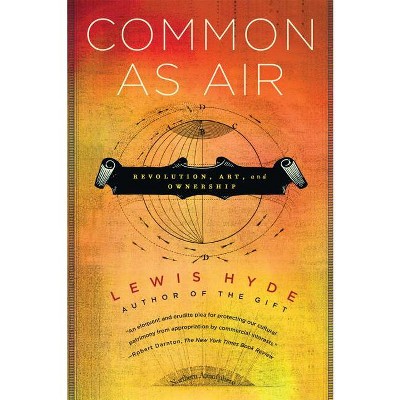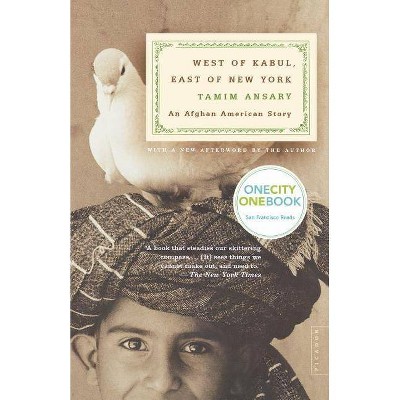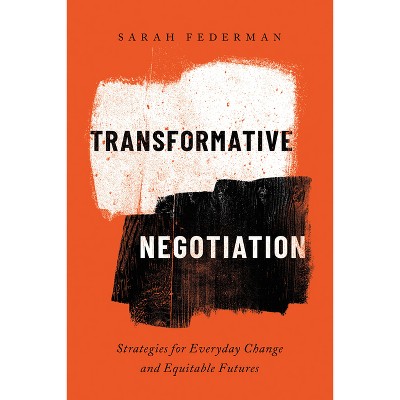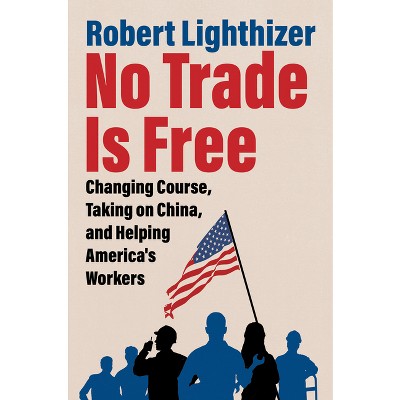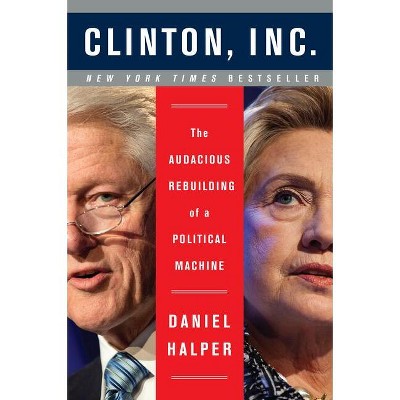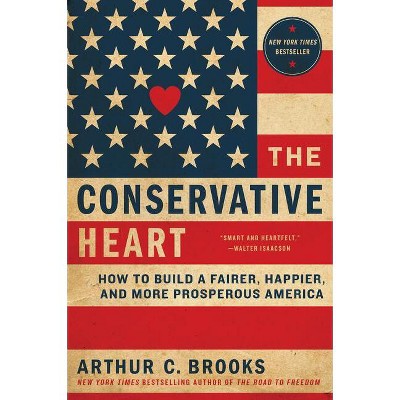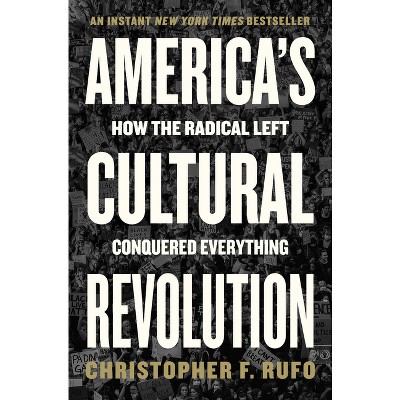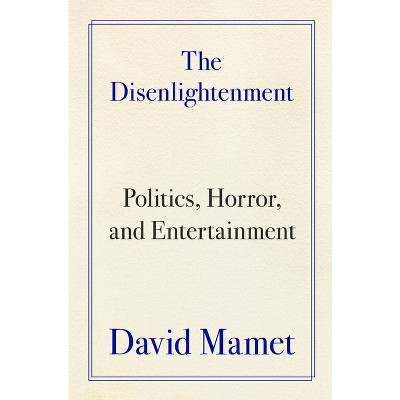Sponsored

The Arab Lobby - by Mitchell Bard (Paperback)
In Stock
Sponsored
About this item
Highlights
- While critics claim that a nefarious Israel Lobby dictates U.S. policy in the Middle East, the Arab Lobby in this country is older, richer, and more powerful than the American Israel Public Affairs Committee (AIPAC).
- Author(s): Mitchell Bard
- 432 Pages
- Political Science, International Relations
Description
About the Book
While critics claim that a nefarious Israel Lobby dictates U.S. policy in the Middle East, the Arab Lobby in this country is older, richer, and more powerful than the American Israel Public Affairs Committee (AIPAC). The Arab Lobby is the first book in more than 25 years to investigate the scope and activities of this diffuse yet powerful network. Author Mitchell Bard courageously explores the invisible alliance that threatens Israel and undermines America s interests in the Middle East."
Book Synopsis
While critics claim that a nefarious Israel Lobby dictates U.S. policy in the Middle East, the Arab Lobby in this country is older, richer, and more powerful than the American Israel Public Affairs Committee (AIPAC). The Arab Lobby is the first book in more than 25 years to investigate the scope and activities of this diffuse yet powerful network. Author Mitchell Bard courageously explores the invisible alliance that threatens Israel and undermines America's interests in the Middle East.
From the Back Cover
The so-called Israel lobby has been widely denounced and demonized in the global media, but as Mitchell Bard reveals, its power pales in comparison to the decades-long corruption of American interests by Arab governments. Indeed, for more than seventy years, U.S. policy in the Middle East has been shaped not by the power of a nefarious "Israel lobby" but by a misguided emphasis on pleasing and placating the Arab states. This outlook has ensured that the United States pays disproportionate attention to their demands, assisting Arab countries--all of them dictatorial regimes with abysmal human rights records--that do not share our values and often work to subvert our interests.
In this authoritative history, Bard provides a timely and valuable corrective to the unbalanced view of Middle East affairs that is so widely promoted today. Bard shows that the Arab Lobby's goals include feeding America's oil addiction, obtaining more sophisticated weaponry, and weakening our alliance with a democratic Israel. It also seeks to influence public opinion through a well-funded publicity campaign and by injecting distorted views of the Middle East into high school and college textbooks. Bard's valuable book brings a much-needed balance to a debate fraught with ignorance and propaganda.
Review Quotes
"A brilliant exposé of the powerful but inconspicuous interest group that for decades has persistently undermined U.S. foreign and national security interests." - Efraim Karsh, Head of Middle East and Mediterranean Studies, King's College (London) and author of Palestine Betrayed and Empires of the Sand: The Struggle for Mastery in the Middle East, 1789-1923
"After decades of hearing almost exclusively about the Israel lobby, Mitchell Bard finally provides the full story on the Arab lobby in this detailed, fast-moving, and fascinating study. He reveals the malign influence of an unpopular, hate-filled but well-financed campaign that goes back, surprisingly, to the 1930s and has been driven by Arab states, oil companyexecutives, State Department Arabists, and assorted anti-Semites." - Daniel Pipes, Director of the Middle East Forum and Taube Distinguished Visiting Fellow at the Hoover Institution, and author of Militant Islam Reaches America
"Importing anti-Semitism, anti-Western ideas, historical inaccuracies, and purefiction, the Arab lobby has had effects that are just now being felt, and this bookwill show us how. It is an extremely important work we all need to read." - Gregg Rickman, State Department Special Envoy to Monitor and Combat Anti-Semitism, 2006-2009
Shipping details
Return details
Frequently bought together
Trending Non-Fiction


